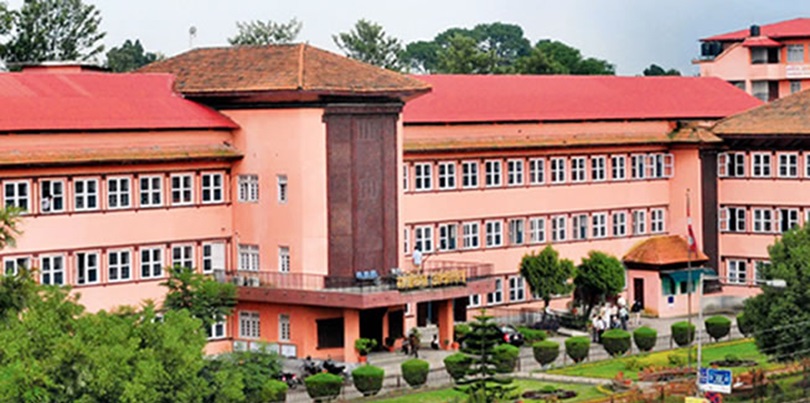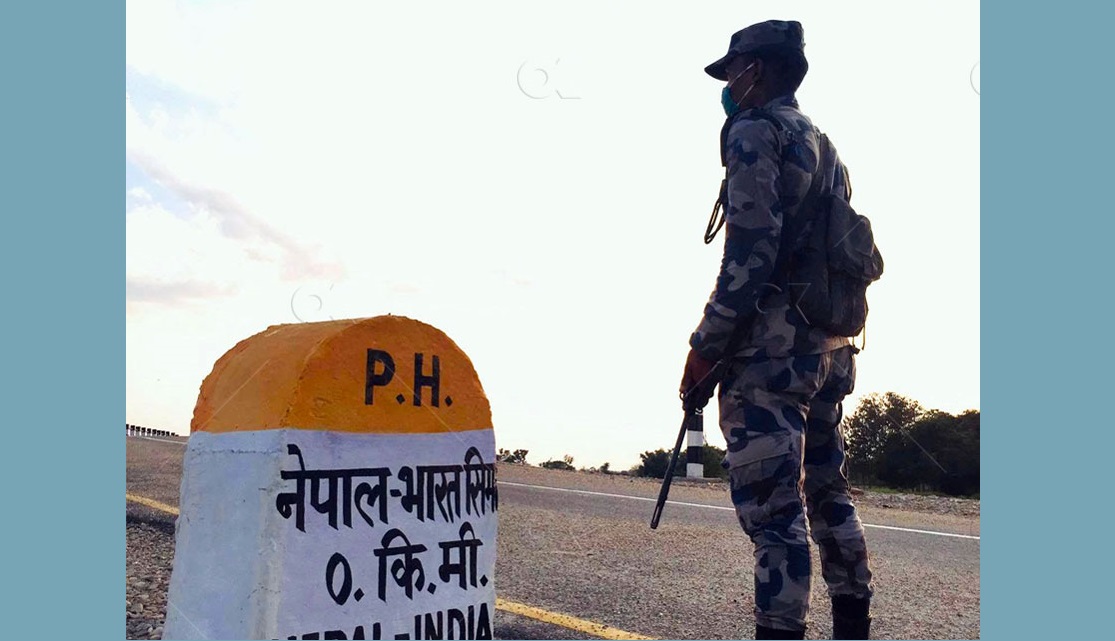Kathmandu – The Supreme Court has demanded a reason for entering into a long-term electricity trade agreement with India.
The petitioner Suryanath Upadhyay, the former Secretary of the Government of Nepal and a member of the Nepal-India Enlightened Persons Group (EPG), filed a petition demanding that the implementation of the agreement signed by the Indian Foreign Minister Jaishankar during his visit to Nepal be stopped and that the agreement with India be taken to the Parliament and implemented only after the approval of the Parliament. . Judge Nahkul Subedi’s bench issued a show cause order on Upadhyaya’s writ.
The court also asked the government to clarify whether this agreement is a matter of distribution of natural resources and its use according to article 279 sub-section 2 of the Constitution of Nepal, and whether it should be approved by a two-thirds majority of the total number of members in both houses of the federal parliament. In Article 920 of Article 279 of the Constitution, there is a condition that if there is a treaty or agreement related to peace and friendship, security and strategic relations, the borders of the state of Nepal and the distribution of natural resources and its use, it must be approved by a two-thirds majority of the total number of members immediately existing in both houses of the Federal Parliament.
The Supreme Court has said that since the writ petition claims that the power trade agreement should only deal with the sale of produced electricity, the nature of an agreement claims from the construction of structures to production and even water.


 NP
NP
